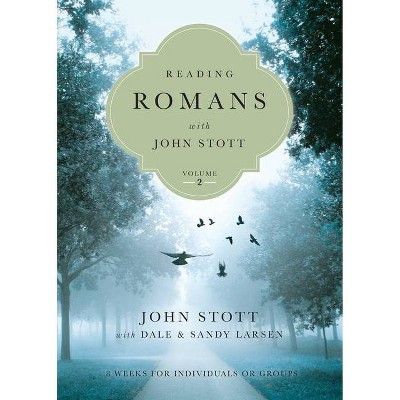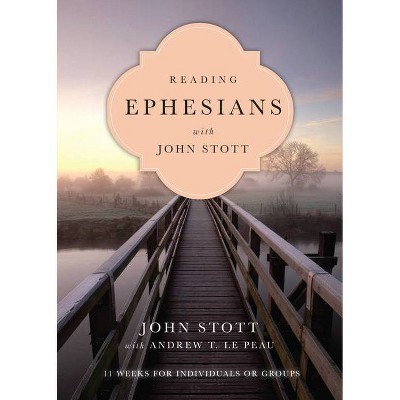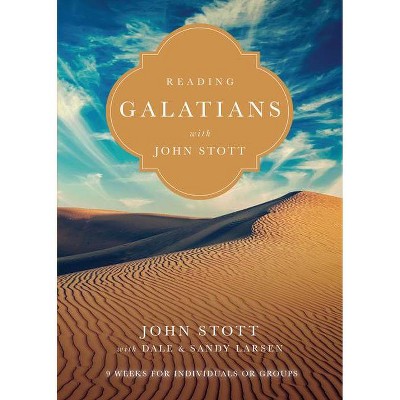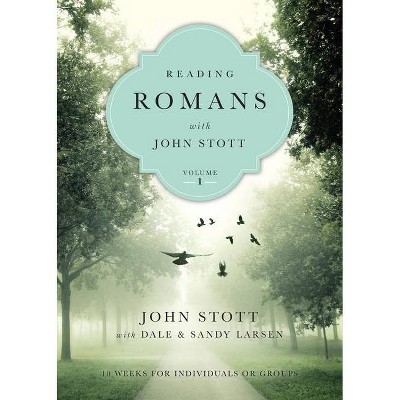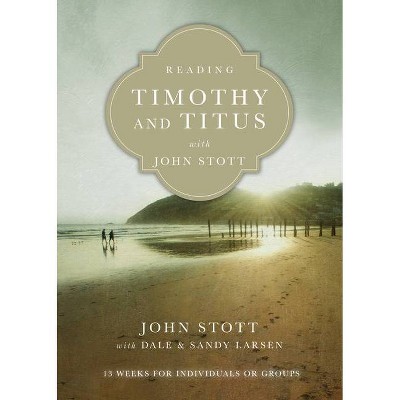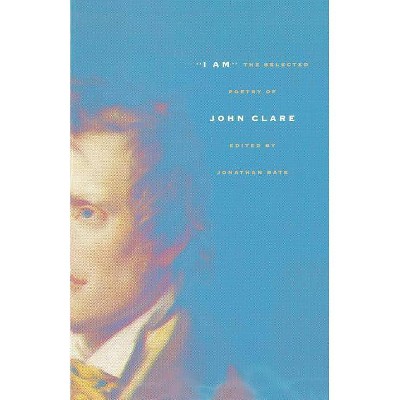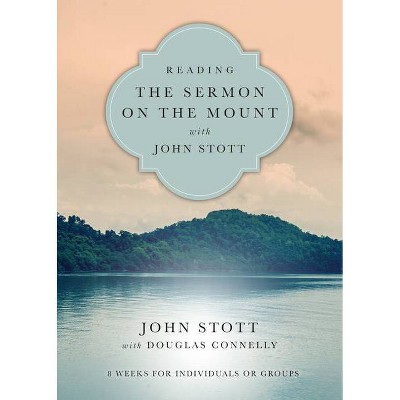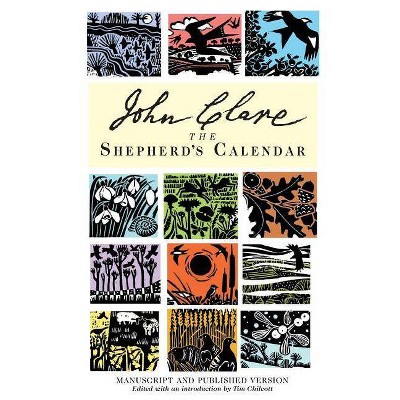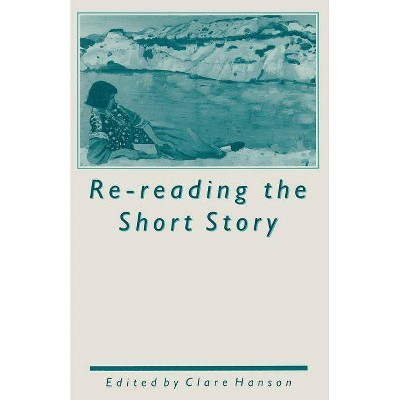Reading with John Clare - (Lit Z) by Sara Guyer (Paperback)
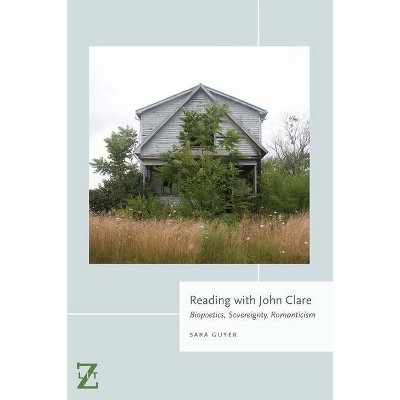
Similar Products
Products of same category from the store
AllProduct info
<p/><br></br><p><b> About the Book </b></p></br></br>Reading with John Clare argues that poetry and its repression lies at the heart of biopolitical thinking. By rereading the emergence of biopolitics and focusing on the exemplary case of John Clare, it renews our understanding of the relation between aesthetics and politics from romanticism to the present.<p/><br></br><p><b> Book Synopsis </b></p></br></br><p>Reading with John Clare argues that at the heart of contemporary biopolitical thinking is an insistent repression of poetry. By returning to the moment at which biopolitics is said to emerge simultaneously with romanticism, this project renews our understanding of the operations of contemporary politics and its relation to aesthetics across two centuries. <p/>Guyer focuses on a single, exemplary case: the poetry and autobiographical writing of the British poet John Clare (1793-1864). Reading Clare in combination with contemporary theories of biopolitics, Guyer reinterprets romanticism's political legacies, specifically the belief that romanticism is a direct precursor to the violent nationalisms and redemptive environmentalisms of the twentieth and twenty-first centuries. <p/>Guyer offers an alternative account of many of romanticism's foundational concepts, like home, genius, creativity, and organicism. She shows that contemporary critical theories of biopolitics, despite repeatedly dismissing the aesthetic or poetic dimensions of power as a culpable ideology, emerge within the same rhetorical tradition as the romanticism they denounce. The book thus compels a rethinking of the biopolitical critique of poetry and an attendant reconsideration of romanticism and its concepts.</p><p/><br></br><p><b> Review Quotes </b></p></br></br><br>...'reading' with Clare through the lens of Paul de Man, Giorgio Agamben, and Michel Foucault and others certainly leaves us with some rewarding insights on the poet, who is often understood to have been largely ignored by theory.-- "The BARS Review"<br><br>"Reading with John Clare is a gem of a book, both compact and evocative, brimming with generative implications not only for Clare scholarship but also for Romantic criticism as a whole. If there is a 'Clare' for the twenty-first century, it begins here."<b>-----David Clark, <i>McMaster University</i></b><br><br>"Who is romantic? Is it the poet, John Clare and his attachment to people's life, or the philosopher, Agamben's characterization of such an attachment as a form of sovereignty? What is romanticism? The literary name to biopolitics, or the literary deconstruction of biopolitics itself? Bravely opening these immense and singular questions, Sara Guyer achieves what remained to be achieved since Foucault: the reevaluation of the part played by the biological within the symbolic. 'Biopoetics' is born."<b>-----Catherine Malabou, <i>author of The New Wounded</i></b><br><br>Guyer's analysis of Clare is a stroke of genius. The study of Romanticism has long been undertaken without Clare. His life and poetry seemed suited to a marginal status. However, Guyer profoundly changes our understanding of Clare and changes how we approach the field of Romanticism itself. A powerful book.<b>-----Forest Pyle, <i>University of Oregon</i></b><br><p/><br></br><p><b> About the Author </b></p></br></br>Sara Guyer is Professor of English at the University of Wisconsin-Madison, where she directs the Center for the Humanities. She is the author of Romanticism After Auschwitz.
Price History
Cheapest price in the interval: 26 on November 8, 2021
Most expensive price in the interval: 26 on December 20, 2021
Price Archive shows prices from various stores, lets you see history and find the cheapest. There is no actual sale on the website. For all support, inquiry and suggestion messages communication@pricearchive.us
